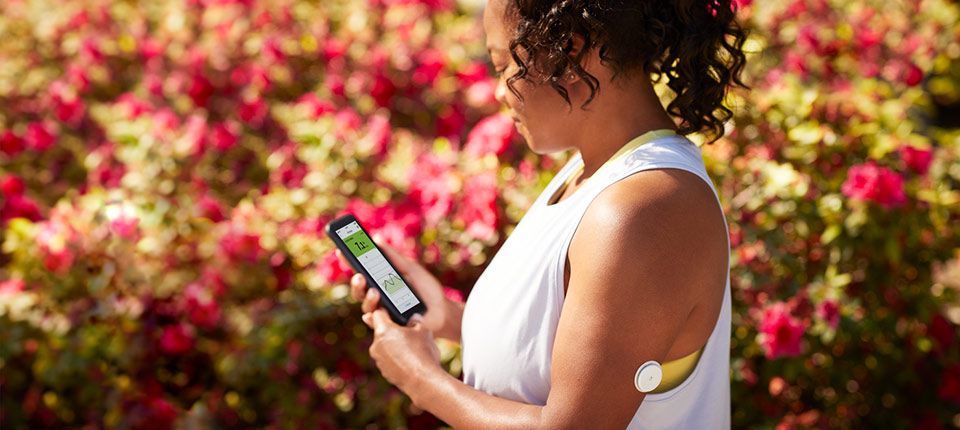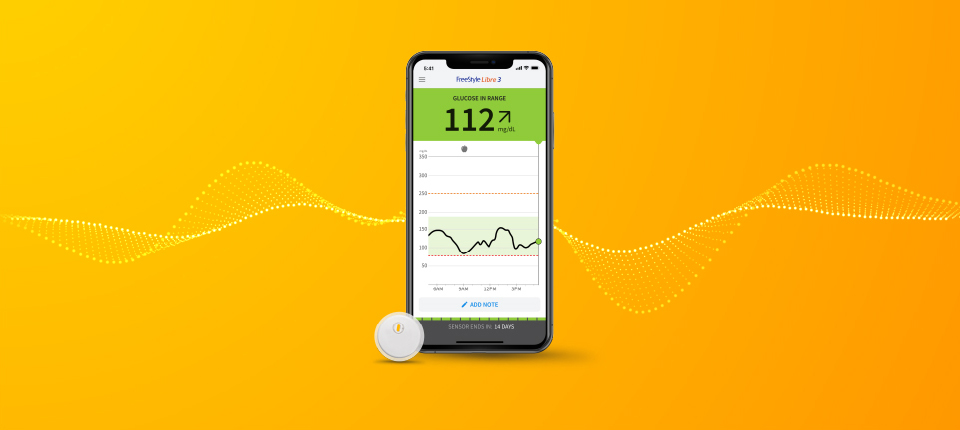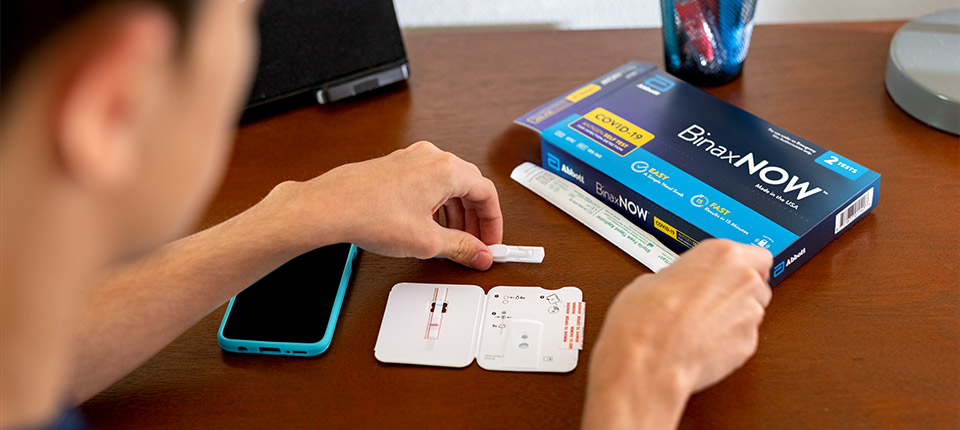Getting ready for a long run is like gearing up for a long road trip: You need fuel in the tank to get where you want to go.
However, performance needs vary by runner, which means marathon nutrition can, too. Knowing what to eat before a marathon, and exactly how much fuel you need before, during and after the race can be a puzzle, but through smart nutrition, hydration, and trial and error during training, you can learn what your body needs to cross the finish line, said Ashley Ludlow, MS, RD, a member of Abbott's nutrition sales team, as well as a Road Runners Club of America certified running coach, and triathlete and marathoner.
Here are the tips Ludlow follows to fuel wisely for every run:
1. "Nothing New on Race Day"
It may be tempting to try a new bar or sample you picked up at the expo and give it a go during the race.
Don't, Ludlow said.
Instead, stick to what you've been training with for long runs.
"We have the mantra 'nothing new on race day' for a reason," she said. "When runners try new things on race day, it can derail the entire experience. Even small changes, like trying a new gel or drinking more fluids on the course than you had during training runs, can negatively impact your race."
That said, Ludlow noted that you can train your gut for new things if you do it slowly. So, take the free samples, but save them to try another day.
2. Load Up on Carbs the Right Way
Many runners dine on pasta at the pre-race dinner to load up on carbohydrate fuel — and if that works for you, go for it. Just focus on balance and moderation, Ludlow said.
"Aim for high-carb, moderate protein meals that are low in fat, fiber and spice," she said. "And remember to keep that pre-race meal similar to what you've eaten before your other long runs. For some runners, that's pasta, and for others, it's rice, bread or sweet potatoes."
However, one common myth is that dinner is your one and only opportunity to carb load. Don't overlook the meals in the days leading up to the race and certainly don't skip out on a pre-race power lunch.
"I recommend that runners focus on lunch the day before, because it gives you more time to digest," Ludlow said. "Dinner should also be important, but if you dine properly at lunch, you don't need to stress too much about the importance of dinner."
For lunch and dinner, runners should eventually progress to healthier carbohydrate options, like vegetables and whole grains, and reduce their reliance on pasta as a sole carb source.
As for moderation, don't let the term "carb loading" fool you into thinking you should be stuffed afterward. "Just be pleasantly full," Ludlow said.
3. Eat Like a Runner, Not a Tourist
If you find yourself in a new city for the race, resist the urge to eat like a tourist if it means you'll regret it later.
"For instance, Chicago marathoners should avoid eating deep-dish pizza the night before the race," Ludlow said. "Running while still digesting a high-fat pizza topped with a ton of cheese, though tasty, may not lead to an ideal situation the next day."
4. Pack Your Race Bag with Enough Fuel
As always, the "nothing new" mantra remains, so pack your water, sports drink, gels, chews, bars, post-race recovery fuel and whatever else you usually eat on long-run mornings.
For most runners, good marathon nutrition means between 30 and 60 grams of carbs every 45 minutes to an hour of the race, depending on your size and speed. But just in case, plan for every scenario.
"I like having extra fuel on hand," Ludlow said. "So, I always pack extra gels or chews just in case I lose one or if I'm feeling really fatigued that day — just like I would have in training."
5. Plan Ahead for Breakfast
The pre-exercise meal serves several purposes. It wards off feelings of hunger, it prevents low blood sugar and its symptoms (fatigue, blurred vision, lightheadedness), and it provides energy for your working muscles.
The timing of your pre-exercise meal is important. What you eat before you exercise is useful only after it has been digested and absorbed. Ideally, you should eat a meal about three to four hours before exercise or a smaller snack about one to two hours before.
On marathon race morning, eat what you've eaten on long training runs. For those, Ludlow suggests consuming approximately 25-50 grams of carbohydrates for each hour before the start of your exercise session. So, if your race is in three hours, then you should have a meal that has about 75-150 grams of carbohydrate in it. If you only have one hour before the race, you should have a snack consisting of no more than 50 grams of carbohydrates.
Good pre-run breakfasts can include things like oatmeal with applesauce and walnuts, a whole-grain bagel topped with peanut butter and banana slices, or even half of an English Muffin topped with an egg and a slice of cheese, depending on your energy needs.
6. Start Fueling Early and Listen to Your Body
To sustain your energy levels during the run, Ludlow suggests runners start hydrating and fueling approximately 30-45 minutes into their run.
"Don't consume all of your carbs for the hour at one time," she advised. "I recommend breaking it in half or just taking a little bit every 15 minutes."
"But listen to your body,” Ludlow added.
"If you finish your run feeling completely wiped out, you're probably going to need to up your carbs per hour for the next time," she said.
7. Refuel After You Cross the Finish Line
Though many races may have finish-line fare like bagels or fruit, you also need protein to help your muscles recover after any long run. That's where recovery fuel comes in.
"A tasty carbohydrate rich drink with protein like Ensure Complete Nutrition Shake is a great post-run beverage that you can stash in your bag," Ludlow said, adding that runners ideally need the carbohydrates along with some protein within 30-45 minutes of finishing the race.
"Protein after the race helps prevent muscle breakdown and can help with next-day soreness," Ludlow said.
For your first marathon, be sure to maximize your nutrition during race prep and on race day. Taking charge of your nutrition and fueling will help you get better results, from the first miles of training to the finish line to recovery in the days following your race.
Abbott is the title sponsor of the Abbott World Marathon Majors, a series of six of the largest and most renowned marathons in the world: Tokyo Marathon, Boston Marathon, Virgin Money London Marathon, BMW BERLIN-MARATHON, Bank of America Chicago Marathon and TCS New York City Marathon. Click here to learn more.
This story was originally published on September 21, 2018. It was updated on June 28, 2021.






FOLLOW ABBOTT